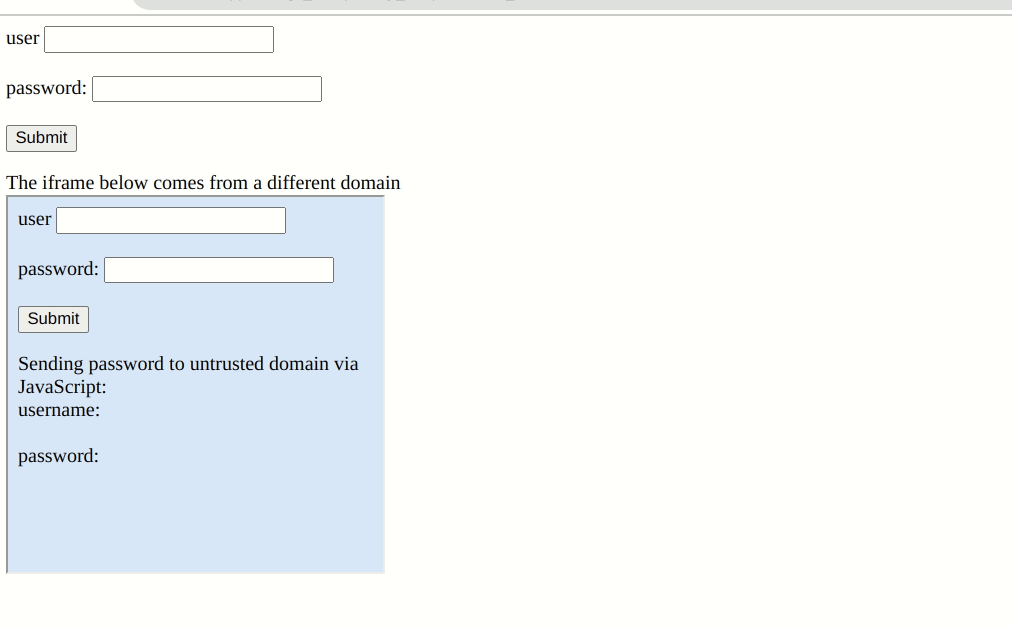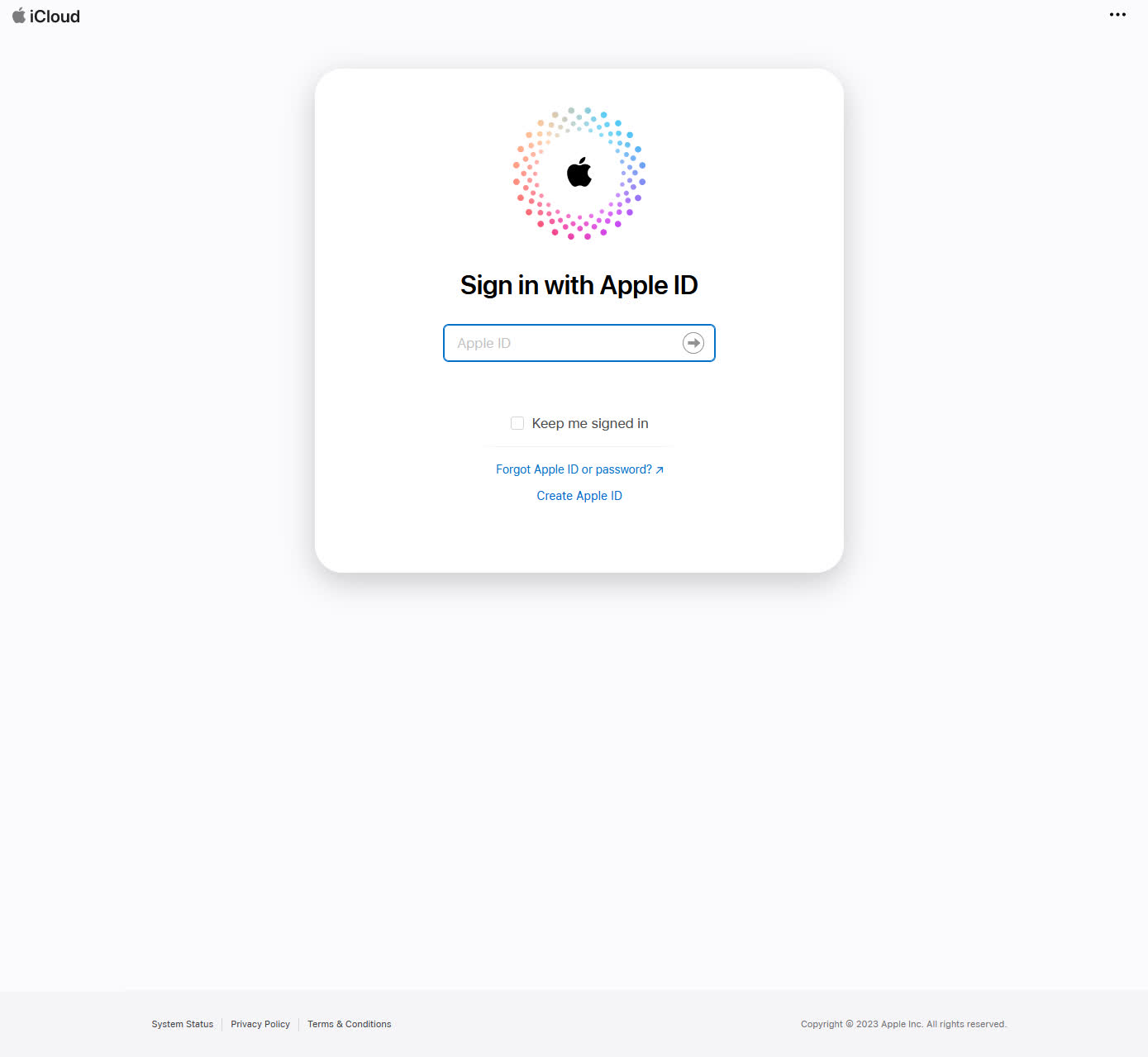PSA: Hackers can scouse borrow your username and password for a web page the usage of an embedded iframe. It is a weak point for all password managers, and maximum have addressed the flaw in more than a few tactics, together with issuing warnings when customers are on a login web page with an iframe or now not trusting subdomains. Bitwarden is the only real exception, having made up our minds in 2018 that the risk used to be now not vital sufficient to handle.
In its make stronger pages referring to “Auto-fill,” Bitwarden advises customers to show off their browsers’ password autofill purposes as a result of they intervene with its password control resolution. It additionally mentions this can be a just right concept as a result of “mavens usually agree that inbuilt [browser] password managers are extra prone than devoted answers like Bitwarden,” which is usually true.
Sadly, its password filler is probably not a lot better than your browser’s. Safety researchers at Flashpoint came upon that Bitwarden’s autofill extension handles web sites with embedded iframes in an unsafe means. A elementary figuring out of iframes is had to perceive this vulnerability.
Web site builders use the inline body component, or iframe, to embed a part of any other webpage into their web site. As an example, TechSpot makes use of iframes to embed YouTube movies into its articles. It may also be used to embed internet paperwork. Usually, iframes are protected to make use of so long as the embedded subject matter from the exterior web page has now not been compromised, and that is the place managers have an issue.
Password extensions autofill credentials on any webpage customers have stored their credentials by means of design. They are able to even fill out the login shape pre-emptively with out consumer interplay. In Bitwarden’s thesis a surroundings referred to as “Auto-fill on web page load.” Alternatively, the extension will carry out this serve as in an iframe with out acting a “Similar-origin Coverage” examine. So if a web page has a malicious iframe from a unique area, the chief will unknowingly surrender your credentials for them to be despatched to a hacker’s server.
Maximum password managers have tests in position to no less than warn customers of possible risks. Alternatively, Bitwarden does now not save you or warn that an iframe from a unique area is doubtlessly stealing credentials. It assumes that every one iframes on a login web page are protected. It stated as a lot in a 2018 safety file, however extra on that later.
After all, this is able to handiest occur if the depended on web page is already compromised, proper? In line with Flashpoint, that is not essentially true.
Clearly, if hackers have won sufficient of a foothold to embed an iframe on a valid web page, customers have larger issues than this weak point on their arms. There may be little that any password control extension may do in that situation. Alternatively, some respectable web sites use paperwork from any other area, embedding them with an iframe. If hackers can compromise the secondary supply, they’ve a proxy for stealing knowledge from the depended on web page.
Flashpoint admits this can be a uncommon situation and showed that with a spot-check of a number of websites the usage of iframes on their login pages. Alternatively, there’s any other downside. Bitwarden’s default URI (Uniform Useful resource Identifier) matching is about to “Base area.” So the extension will supply password autofill so long as the top-level and second-level domain names fit.
The issue is that a number of webhosting products and services permit customers to host “arbitrary content material” underneath a subdomain making it moderately simple to spoof a login web page.
“For example, will have to an organization have a login web page at https://logins.corporate.tld and make allowance customers to serve content material underneath https://[clientname].corporate.tld, those customers are ready to scouse borrow credentials from the Bitwarden extensions,” stated Flashpoint. “In our analysis, we showed that a few primary web sites supply this precise atmosphere. If a consumer with a Bitwarden browser extension visits a specifically crafted web page hosted in those internet products and services, an attacker is in a position to scouse borrow the credentials saved for the respective area.”
Oddly, when Flashpoint contacted Bitwarden about this weak point to coordinate disclosure, the corporate identified that it has identified about it since 2018.
“Since Bitwarden does now not examine each and every iframe’s URL, it’s conceivable for a web page to have a malicious iframe embedded, which Bitwarden will autofill with the ‘top-level’ web page credentials,” the corporate’s 2018 Safety Evaluation File reads. “Sadly, there are respectable circumstances the place web sites will come with iframe login paperwork from a separate area than their ‘mum or dad’ web page’s area. No motion is deliberate right now.”
In different phrases, Bitwarden is acutely aware of the issue however deems the chance applicable sufficient to not do the rest about it, even supposing it had been so simple as having the extension factor a caution when there’s an iframe on a web page. Flashpoint discovered this inexplicable since all of Bitwarden’s competition have some type of mitigation for this exploit.
The researchers created an explanation of thought the usage of the flaw as an assault vector and a “running exploit” they applied privately on a “outstanding webhosting atmosphere.” They hope that builders at Bitwarden will exchange their minds about the problem since no one had created such exploits in 2018 when the corporate to begin with assessed the weak point. Till Bitwarden addresses the vulnerability, you’ll do a few issues to mitigate it with out switching password managers.
First, flip off the extension’s “Auto-fill on web page load” surroundings. You’ll have to cause the autofill characteristic manually at all times. Alternatively, it will give you some respiring room to check out the login web page with out in an instant handing your credentials over to an iframe. This is in truth just right recommendation for any password supervisor extension that includes preemptive autofill.
2d, use that pause to you’ll want to are on a depended on area and that the web page is what it sort of feels. Take a look at the URL to be sure you are on the right kind area or subdomain and that not anything seems suspicious. For example, one thing like “login.wellsfargo.com” is most definitely authentic, while “credx257.wellsfargo.com” most probably is not.
Those steps will nonetheless now not offer protection to you from websites that use compromised exterior internet paperwork, however Flashpoint famous that the ones situations are uncommon. It is no explanation why to surrender the usage of a password supervisor, even Bitwarden. Managers are well-suited that can assist you stay your credentials directly. It is at all times higher to have lots of cast hard-to-remember passwords distinctive to each web page than to reuse susceptible ones.

